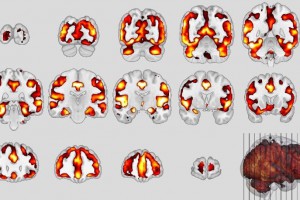Regular exercise leads to improved performance on cognitive tests in overweight children
Today, a high percentage of children are obese, which has increased almost 4 times in the last fifty years, and Mobility in the obese group is less than peers with less weight. It has been found that obesity may negatively affect brain health and development. On the other hand, increased activity is often associated with positive outcomes for the development of organs, including the brain.
In 2022, a paper was published in the journal JAMA Netw Open showing that exercise improves children's performance on cognitive tests. In this study of 109 participants, overweight or obese children who underwent a 20-week exercise regimen consisting of at least three supervised exercise sessions per week. The strongest difference between the two groups after the 20-week exercise/intervention period was in the scores of crystallized intelligence and also on the overall intelligence score. The experimental group performed better on both of these assessments. After the intervention period, the experimental group also outperformed the control group on assessments of fluid intelligence, cognitive flexibility, executive function, academic skills, problem solving and mathematics, but these differences between groups were lower. No systematic differences between brain structures as obtained by neuroimaging were found. This study highlights a potentially important link between physical activity and children's cognitive development. However, the authors note that the psychological assessments were not double-blind and the results may have been influenced by differences in motivation. In the future, the long-term effects of exercise on the recognition of brain structures should be investigated




Related Posts